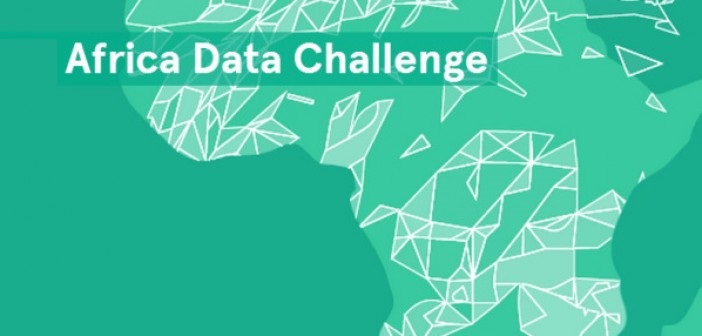First ‘Africa Data Challenge’ calls for data projects with practical, human impact in Africa
The Planet Earth Institute NGO will host first ever ‘Africa Data Challenge’ as part of the second #ScienceAfrica UnConference on November 18th.
During the ‘Africa Data Challenge’ innovators will pitch ideas for data-driven projects that achieve practical, human impact in Africa.
Judges include African Development Bank, Elsevier and Intel.
The Planet Earth Institute (PEI), an international NGO that works for the scientific independence of Africa, will host the first-ever ‘Africa Data Challenge’, as part of their #ScienceAfrica UnConference, held at Impact HUB, Westminster on November 18. The ‘Africa Data Challenge’ is a groundbreaking competition that invites parties to pitch their ideas for projects that harness data for real, human impact in Africa.
While the ‘data revolution’ is a major theme in conversations on technology and business, there’s little discussion on how it can enhance Africa’s scientific development in a practical way. The ‘Africa Data Challenge’ invites innovators from around the world to pitch their ideas for projects that can help translate and transmit the power of data to those on the continent.
Projects are unlimited in scope and focus, but must be designed to have a practical, human application in the next 12 months. Contestants will present their project live in front of a panel that includes:
Beejaye Kokil, Head of the Economic & Social Statistics Division, African Development Bank, David Tempest, Head of Director of Access Relations, Elsevier, Richard Pilling, Director, Director of Professional Services & Analytics (EMEA and APAC), Intel and Mariéme Jamme, entrepreneur and CEO of SpotOne Global.
The successful innovators will be rewarded with a cash prize of £7,000 and receive PEI’s support to roll out their project.
The ‘Africa Data Challenge’ forms part of the PEI’s second #ScienceAfrica UnConference, which is hosted by Rt Hon Lord Boateng and run in partnership with UN Economic Commission for Africa, the World Bank and the European Commission.
The UnConference brings together over 120 people passionate about and working in science, development and Africa for an interactive day of workshops and discussions.
Participants come from diverse sectors, including international policy makers, academics, students as well as the general public. The UnConference will also be live streamed on the PEI website and people are encouraged to use the #ScienceAfrica hashtag on Twitter to engage in a robust discussion about science, technology and innovation in Africa.


“Data holds a huge amount of promise for scientific development in Africa, and for many different business sectors too, but we haven’t yet fully explored how it can be used at a local level to improve lives.
As an NGO we are always looking for practical ways to support science and technology, and this Africa Data Challenge will help do just that – developing and incubating new ideas with real impact.
I’m looking forward to supporting the winning project over the next year, and to rolling out the competition across Africa. Working with our partners around the world, we are deeply committed to supporting innovations in this way, and strengthening the growing movement for scientific investment and development in Africa”.
About Planet Earth Institute
The Planet Earth Institute (PEI) is an international NGO and charity working for the scientific independence of Africa. While other emerging regions have invested heavily in science and technology, Africa is falling behind in the race for scientific development.
All of our work is built around the three pathways we believe will help lead Africa to scientific independence: Higher Education, Technological Innovation and Policy and Advocacy. In other words, we want to support and strengthen higher education institutions, help incubate and seed-fund technologies able to drive scientific advancement and campaign for a science-led development agenda for Africa.
The PEI is headquartered in London, UK with a core executive team, and with regional project offices in Luanda, Angola and Kigali, Rwanda.




